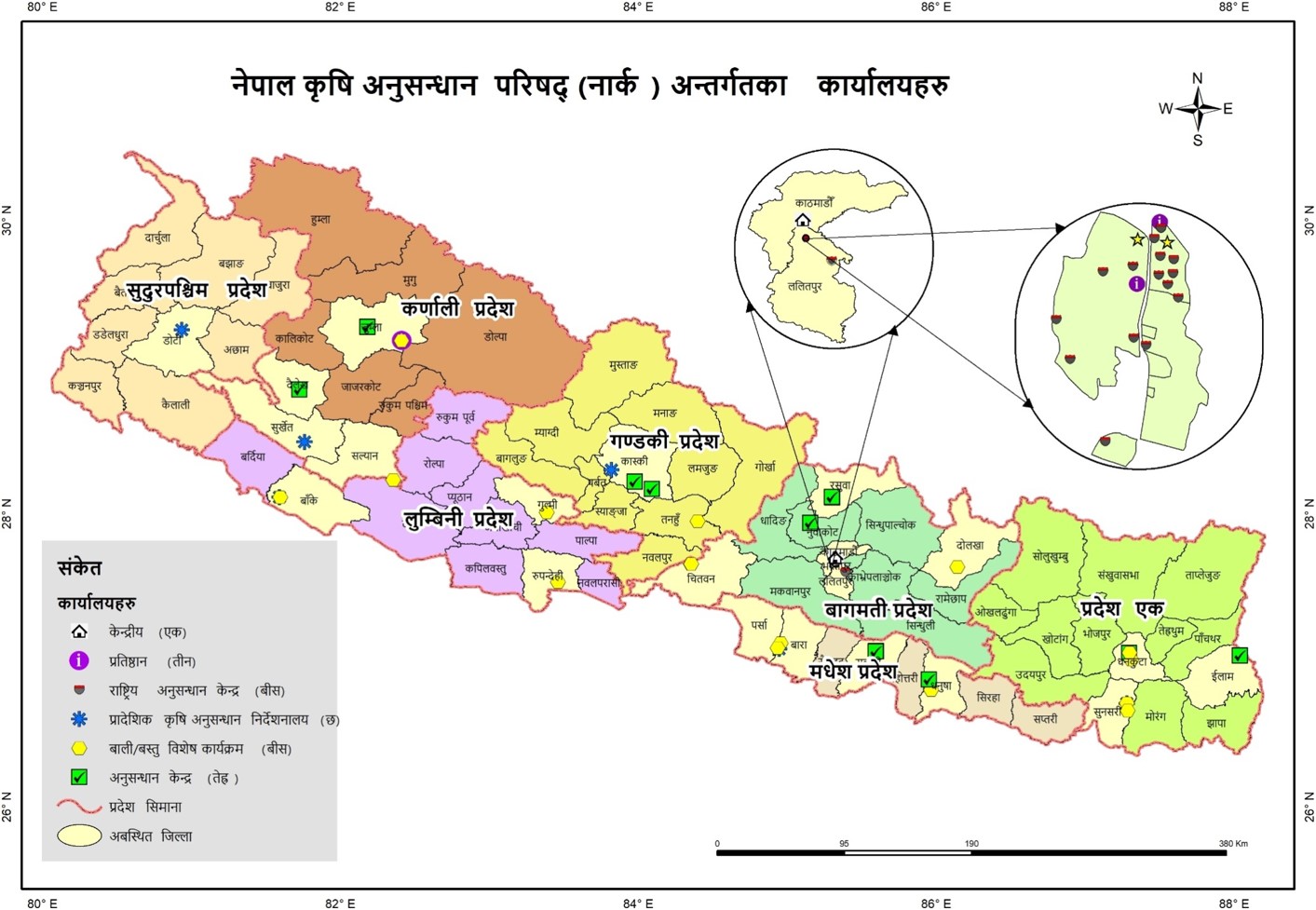
National Soil Science Research Center NARC Revolutionizing Farming with Digital Soil Map
The National Soil Science Research Center (NARC) in Nepal has taken a significant step towards modernizing agriculture by developing a comprehensive Digital Soil Map (DSM). This initiative aims to provide accurate soil information for more than 30,000 locations in 77 districts across the country. The DSM project has successfully tested soil samples from 30,548 sites, and their details have been integrated into the digital map.
Enhancing Agricultural Productivity through Soil Analysis
The DSM project, as outlined in the economic survey report of the current financial year 2022/23, offers valuable insights into soil composition and fertility. Through extensive soil testing, experts have obtained crucial data, allowing them to recommend specific fertilizers and micronutrients suitable for various crops and plants. This information assists farmers in making informed decisions regarding soil management and crop selection.
Accessing Soil Information with the Digital Map
The digital map, introduced two years ago, serves as a valuable resource for understanding the soil characteristics in different regions of Nepal. Farmers and agriculture enthusiasts can utilize this map to gain insights into the soil types prevalent in their respective areas. By assessing the soil acidity, chemical content, fertility, texture, and overall quality, individuals can plan their farming activities effectively.
Optimizing Farming Practices
One of the primary benefits of the DSM is its ability to guide farmers on the ideal fertilizer usage based on their specific soil quality. With this knowledge, farmers can determine the precise amount of fertilizer required to maximize crop yields and minimize wastage. Additionally, the DSM provides valuable information about the most suitable crops for planting, taking into account the soil conditions of a particular region. This feature assists farmers in making informed decisions and optimizing their farming practices.
Improving Soil Quality
The DSM not only aids in understanding soil characteristics but also offers recommendations to address soil quality issues. If the digital map indicates poor soil quality, farmers can take necessary steps to improve it. By implementing soil enhancement techniques such as soil amendments, crop rotation, or cover cropping, farmers can gradually enhance the overall quality of their land. The DSM acts as a valuable tool in empowering farmers to make informed decisions for soil improvement.
Overall, the National Soil Science Research Center's Digital Soil Map project has revolutionized farming practices in Nepal. By incorporating soil details from thousands of locations across the country, the DSM provides farmers with vital information to optimize their agricultural activities. Through this digital tool, farmers can gain insights into soil characteristics, determine suitable crops, and efficiently manage soil quality. The DSM's role in enhancing agricultural productivity and promoting sustainable farming practices marks a significant milestone in Nepal's agricultural sector.





